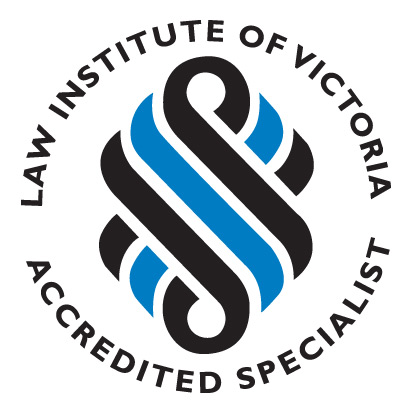Are you a trustee or about to become one? Your role as a trustee is crucial in safeguarding assets and benefiting others. In Victoria, the responsibilities of a trustee are governed by both common law and legislation. Understanding these duties is paramount to avoid personal liability and ensure the trust’s success. Let’s explore the dynamic role of a trustee and discover how you can fulfil your obligations effectively.
The Trustee’s Fiduciary Duty
At the heart of a trustee’s responsibilities lies the fiduciary duty to act in the best interests of beneficiaries. As a trustee, you must exhibit fairness, honesty, and impartiality. The beneficiaries rightfully have an expectation that you will manage the trust with their welfare as the top priority.

Key Duties Under Common Law
Impartiality
A trustee must act in good faith, treating all beneficiaries fairly and without favouritism.
Best Interests
Your duty entails exercising reasonable care, skill, and diligence, ensuring the trust’s optimal management.
Preservation of Trust Property
Safeguarding trust assets against loss is imperative.
No Personal Profit
Trustees must never exploit the trust for personal gain and are obligated to account for any profits made.
Accountability and Transparency
Accurate record-keeping and providing beneficiaries with requested information are vital responsibilities.
Personal Involvement
While limited delegation is allowed, trustees must personally oversee trust affairs, except for specific tasks handled by professionals, such as lawyers, accountants and financial advisers.
Additional Duties Under Legislation
In Victoria, the Trustee Act 1958 imposes additional obligations. When exercising investment powers, trustees must demonstrate the care, diligence, and skill expected of a “prudent manager” handling other people’s affairs. We can provide advice tailored to your responsibilities under this Act.

Personal Liability: When Trustees Fall Short
Breaching your duties as a trustee can lead to personal liability. Placing your interests above the beneficiaries’, acting in bad faith, or violating the general law can expose you to legal repercussions. In such cases, you may be required to compensate the trust, restore the trust estate, and potentially pay beneficiaries for any profits gained from the breach. However, personal liability is assessed on a case-by-case basis, and legal consultation is advised to assess your situation.
Limiting Liability: The Corporate Trustee Advantage
Although individual trustees are common due to lower costs, appointing a corporate trustee offers advantages such as protection from personal liability and limiting the trustee’s liability to the company’s assets. Carefully weigh the pros and cons of each option in consultation with a lawyer to make an informed decision.

Conclusion
As a trustee, you play a pivotal role in the management and integrity of a trust. Understanding your duties and seeking legal advice is crucial for ensuring the trust’s success and protecting beneficiaries. Whether you choose an individual or corporate trustee structure, tailor your approach to your specific circumstances. By acting in good faith and prioritising beneficiaries’ interests, you can navigate your responsibilities with confidence
If you or someone you know wants more information or needs help or advice regarding duties of a trustee, please contact us on (03) 9592 3356 or email office@citypacific.com.au or fill in the web contact form here:
Contact


